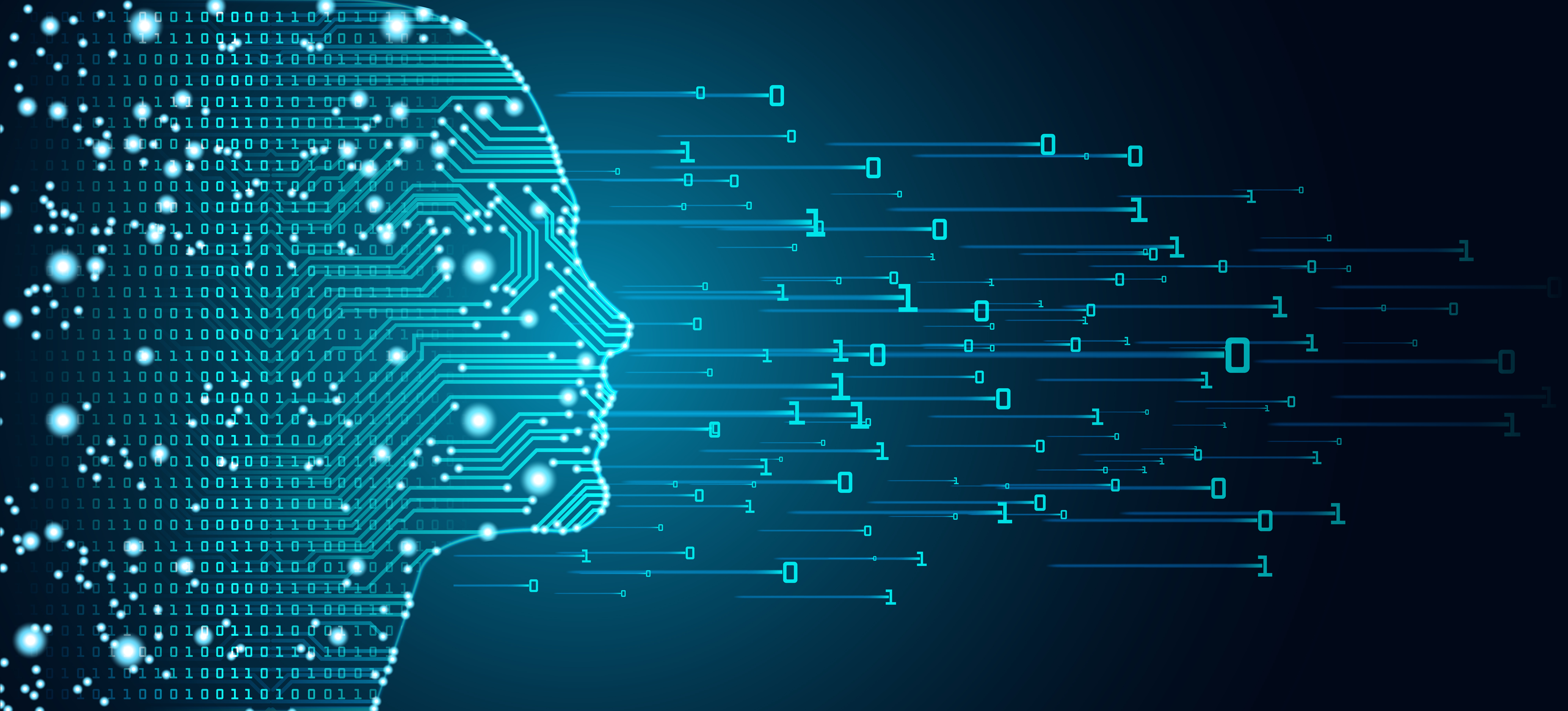Translation technologies: machine translation
As in every other industry, artificial intelligence is revolutionizing the way language service providers operate. Upon request, Landoor offers machine translation (MT) services for businesses that recognize the need to rapidly position themselves on the market and launch their products globally with streamlined time-to-market. We recommend limiting the use of MT to documents that will remain in-house. MT solutions should be used solely to cut costs and times, not for quality. Machine translation engines can be specifically tailored to the client’s terminology and product sector, for gisting – a rough translation that gives readers a general understanding of the text for internal use or as a starting point for the drafting of other documents. Machine translation is a field of computational linguistics that uses advanced algorithms to translate texts from one natural language to another. It goes beyond the mere replacement of words and instead relies on countless morphological, syntax and semantics rules. There are many different types of MT software. Over the past few decades, various technologies have co-existed and overlapped. Generally speaking, MT has developed in three main stages with the same number of MT models: rule-based, statistical and neural translation. After conducting meticulous tests on the different models, Landoor decided to adopt neural machine translation, which has become the dominant approach. It uses AI deep learning to produce increasingly better results over time. Our translators receive specific training for the post-editing of NMT and may be effectively considered language technology experts, capable of assessing the machine translation output to make full use of all the opportunities that this technology offers while sidestepping the risk of results that do not meet the client’s real needs.
Protecting data and intellectual property
Your company’s data and intellectual property are safe with Landoor, even when machine translation is used. In today’s world, social media content, financial statements, product documentation, policies, contracts and legal documents are invaluable sources of information that, especially in multinational contexts, must literally circle the world without ever leaving the company’s hands. The policies of the many free MT tools available online explicitly state that the translated texts will form part of their databases and may be subject to unlimited use. This makes it a smart choice to use Landoor’s professional machine translation services, which offer targeted deep learning for the client’s specific sector and terminology and complete compliance with the EU General Data Protection Regulation (GDPR).


